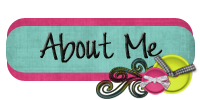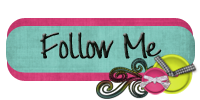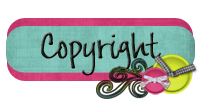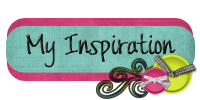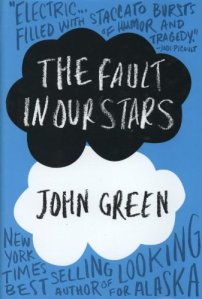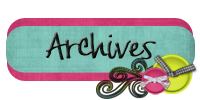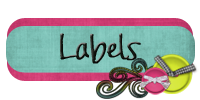Here is a fact about me: I love to read. Want a second fact? I don't do it nearly as often as I want to. I have made it one of my resolutions to spend at least 30 minutes per night reading a book of my choosing. Part of the "problem" with me reading is that, if I find a good book, I have a hard time putting it down.
That's what happened with this book. I read it in two days. I have been looking at this book for a while, but I didn't purchase it until the other day. It was worth the wait, and I am kicking myself for not reading it earlier. I laughed (out loud). I cried. Both of these things are pretty remarkable for me. I have been reading ever since I was 3, and very few books have ever made me show outward emotion. What continues to baffle me is that a book, whose primary audience is teenagers, is so full of meaning about love, life, and death.
Before I begin my "insightful" part of this review, I guess I should tell you what the book is about. The narrator is Hazel Grace Lexington. She was diagnosed with Thyroid cancer at 13, and currently has cancer colonies in her lungs which requires her to have oxygen all of the time. While attending a cancer support group, she meets Augustus Waters and so begins their story of two teenagers who fall in love, and who also happen to have cancer.
What I love about this book is, while the characters are diagnosed with cancer, they are not defined by their cancer. They are people, just people, dealing with life. Hazel and Augustus are relatable, even though they are teenagers (and I am an adult). Also, the book is full of metaphors and meaning. The best way to explain this is explaining the book title itself. The title, from what I understand, comes from a line in Shakespeare's Julius Caesar, "The fault, dear Brutus, is not in our stars / but in ourselves, that we are the underlings." The line is meant to refer to the fact that our destiny is not pre-determined, that we, as people, make decisions that influence our fate. Or, that is what it has been deconstructed and overused to mean. However, the book title implies that sometimes people are the victim of their fate. As an aside, I don't like using the term victim as it implies weakness. Moving on, Hazel and Augustus' decisions did not have any impact on their cancer diagnoses. Therefore, the is fault in the universe. The universe is an inherently unjust place (kids have cancer, bad things happen to good people, etc.). The title is a nod to that fact or reality.
Another concept I particularly enjoy is this idea of "living a heroic life" or leaving an impact. At one point, Hazel refers to herself as a grenade. I think this is an interesting metaphor for life. We are all grenades. And, when we die, the aftermath will often cause pain and suffering to those around us, at least for a little while. The depth of pain depends on how close that person is to you or the blast. Many people, including Hazel, try to increase the distance between them (as the grenade) and the people that will be affected. However, the reality is that people will still be affected, there will still be damage, no matter how hard we may try to minimize the damage. Therefore, it begs the question what constitutes a life well lived. Augustus believes that he has to die a "heroic" death or his life would not matter. Hazel argues that he matters to her, and he matters to others, and that constitutes his life having meaning. This kind of goes back to the idea that we all leave imprints in the world, and, no matter how big or small, our impacts have a farther outreach than we could ever know. I think of this a lot as I work with my clients and how what they learn or take away in session with me will impact his/her relationship with his/her spouse, children, parents, friends, etc. And, I will never know how far my influence spreads.
Finally (and I only end here because this review needs to end at some point) is the idea of control. You see this most often in Augustus, who will put a cigarette in his mouth but refuses to light it as he will put the thing that can kill him in his mouth, but he will not allow it to kill him. This could be a bigger metaphor to cancer (yes he has cancer, but he will not let him get in the way of living his life). This is about separating what you can control from what you cannot control (like what the Serenity prayer says). Took often I see people allow things in their life that cause some form of pain. Whereas, if the person created some distance, s/he would not allow circumstances to affect the way s/he is living life. This kind of goes back to "the fault in our stars argument." Yes, people are dealt poor hands and the universe isn't fair, but the way you deal with what is given to you determines the quality of life you will have. Another line from the book is something along the lines of "the mark that humans leave are often scars" as well as another line that says, "You don’t get to choose if you get hurt in this world, old man, but you do have some say in who does the hurting." Again, we are all going to leave marks on the world, and the only thing you get to chose is what kind of life you will lead.

